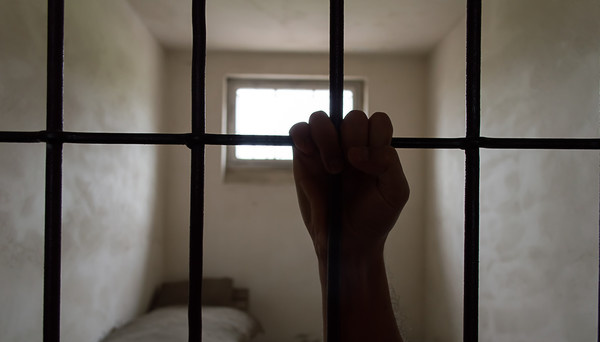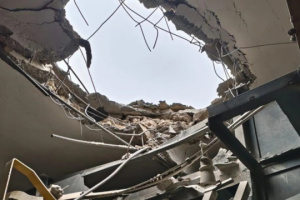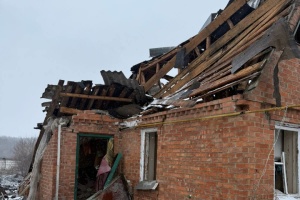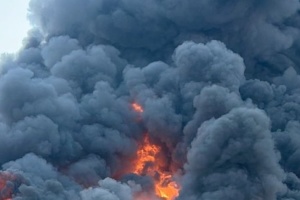
Russians used to torture civilians in 20 or more detention centers in Kherson and vicinity – HRW
The relevant statement was made by Human Rights Watch, an Ukrinform correspondent reports.
In particular, HRW interviewed 34 people about the abusive treatment of civilians during Russia’s occupation of the Kherson region, from March 2, 2022 until the withdrawal of Russian forces from much of the area on November 11.
Twelve former detainees and 10 family members described detainees being tortured or witnessing the torture of other detainees, which in three reported cases resulted in their deaths. These interviews about torture build on dozens of others about torture that HRW conducted with Kherson region residents during earlier months of the occupation, for a July 2022 report.
“Russian occupying forces carried out terrifying torture and other abuses against Kherson residents in the torture center on Teploenerhetykiv Street and numerous other detention facilities. Those responsible for these horrific acts should not go unpunished and the victims and their families need to receive redress for their suffering and information about those still missing,” Yulia Gorbunova, senior Ukraine researcher at Human Rights Watch, said.
Russian forces in Kherson aggressively searched a residence and then detained one or more people living there on a variety of accusations. Several detainees reported that the Russian forces beat and threatened them or their relatives, including older people.
Russian soldiers would then cover the eyes or head of those being taken into custody with a hat or bag and force them into a vehicle. They would then be taken to one of the 20 or more detention centers in and around Kherson.
According to the HRW report, nearly all of the torture cases documented recently in Kherson involved people held in the pretrial detention center at 3 Teploenerhetykiv Street. One person was also held in makeshift detention facilities at the Kherson International Airport and in the Kherson municipal administration building. Another said that her cellmate had previously been held in a pretrial detention center at 10 Perekopska Street, where the BBC and others reported that Russian occupation forces tortured people. Another former detainee, taken about 120 kilometers from Kherson, said he was held in a 2-by-3 meter storage room of a village school.
HRW previously documented cases of torture of detainees, including Ukrainian prisoners of war from the Territorial Defense Forces, at the former National Police Directorate building on 4 Liuteranska Street (formerly Kirova Street).
Russian guards also humiliated detainees by forcing them to shout pro-Russian slogans, listen to and sing the Russian national anthem and patriotic songs, and applaud the singers, under threat of beatings.
Most relatives interviewed said they were provided no information about the location of their loved ones, which is required by the international law of occupation. Many desperately searched and attempted to deliver packages of food and other essentials without knowing whether they reached the intended recipient.
Detainees and families said that Russian occupying authorities took them and their loved ones into custody for engaging in actual or suspected volunteer activities, providing or expressing support for Ukrainian forces or the government, or for being a veteran of the 2014 Ukrainian security force operations in the Donbas region.
Ukrainian authorities have been investigating cases of unlawful detention, torture, and other mistreatment in Kherson and the surrounding region during the Russian occupation. Eugen Tereshenko, a prosecutor with the war crimes unit for the Kherson region, estimates that there were 4,000 to 5,000 registered cases of civilians detained during this period, but the actual number may have been much higher.
“It is a war crime to willfully mistreat, torture, or kill civilians or captured combatants in custody, to willfully cause great suffering or serious injury to body or health, or to carry out unlawful deportations or transfers,” HRW emphasized.




